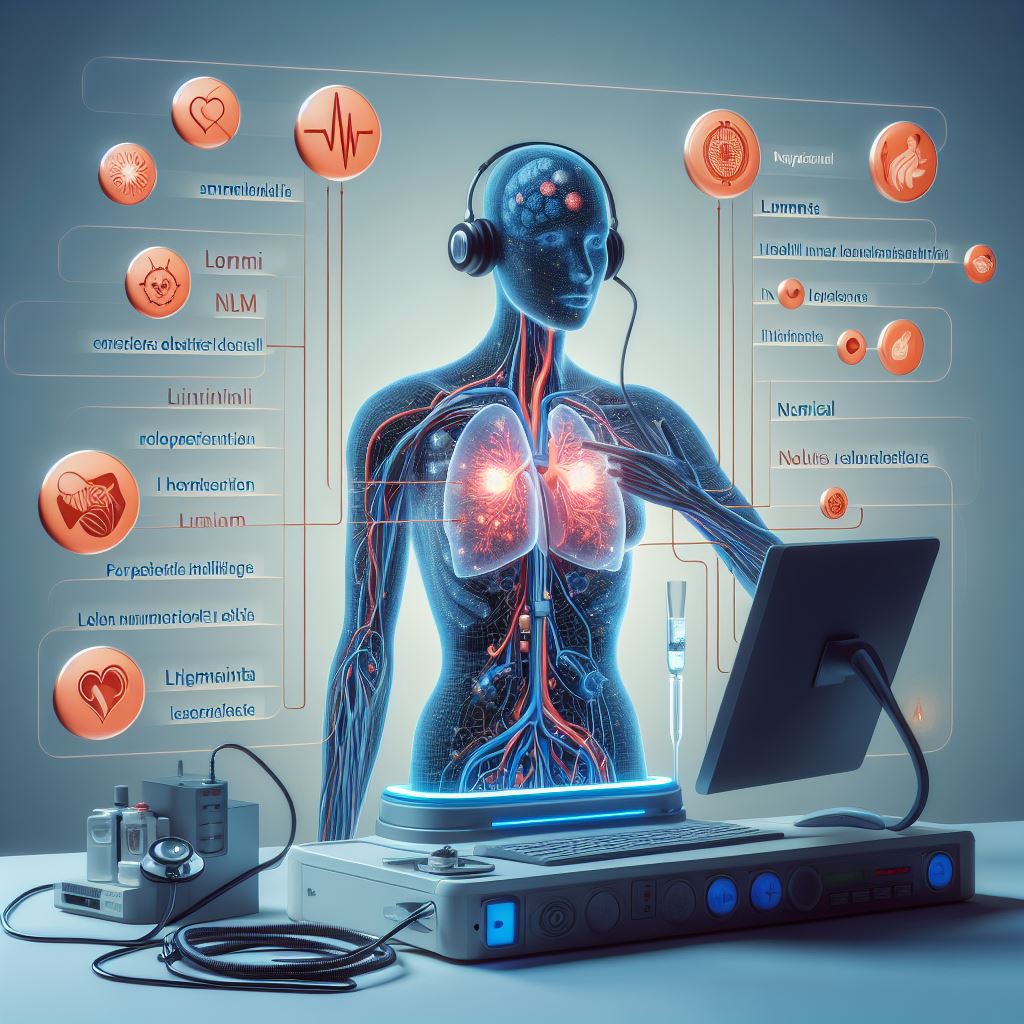Text Simplification for MEDICAL TEXT: Bridging the Gap with Layman-Friendly Language

Problem Statement:
Understanding medical information, particularly clinical trial documents, can be challenging for the general public due to complex terminology and technical jargon. This poses a significant barrier to access for patients and caregivers seeking to comprehend crucial healthcare information.
Input:
The input to our text simplification system comprises medical text documents from clinical trials, which often contain specialized terminology and complex language. These documents may include study protocols, informed consent forms, and patient information leaflets.
Output:
The output of our system is simplified versions of the input medical text documents, converted into easy-to-understand language that is accessible to laypeople. By simplifying complex terminology and structure, our solution empowers patients and caregivers to better comprehend clinical trial information and make informed decisions about their healthcare.
Challenges Faced:
One of the main challenges in this project is accurately simplifying medical text while preserving the integrity and accuracy of the information. Additionally, ensuring that the simplified text remains faithful to the original content and conveys essential information without oversimplification or loss of meaning poses a significant challenge.
Proposed Solution:
Our solution utilizes Large Language Models (LLMs), such as GPT (Generative Pre-trained Transformer) models, to automatically simplify medical text documents. By fine-tuning these models on clinical trial data and training them to generate layman-friendly language, we can effectively bridge the gap between complex medical terminology and everyday understanding. We track popular metrics, such as readability scores and semantic similarity, to assess the efficacy of our system and ensure that the simplified text remains accurate and comprehensible.
Summary:
The text simplification project for clinical trials represents a crucial step towards democratizing access to healthcare information. By leveraging advanced language models and natural language processing techniques, we are able to transform complex medical text into simple, accessible language that empowers patients and caregivers to make informed decisions about their health. Our solution not only enhances accessibility but also promotes health literacy and patient engagement, ultimately leading to improved healthcare outcomes and a more informed society.